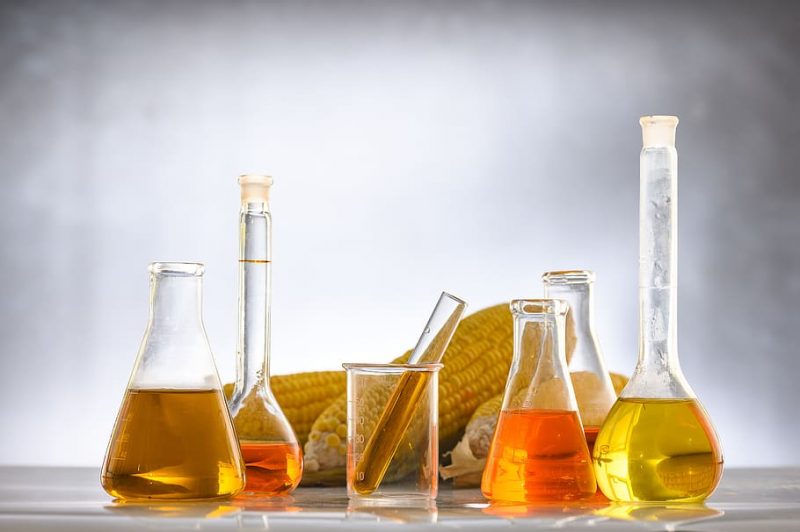What are the biofuels? That is a question we will try to answer for you today. It may sound evocative, but I’m sure you can imagine a large field of grain crops, and from there everyone thinks about food. Although this has been the case for decades, agricultural policy has brought about a change by financing the planting of so-called ‘biofuels’.
This biofuels that come from agricultural crops (palm oil, soybeans, sugar cane) are a headache for the biodiversity and the weather. It seems incredible that a civilization that has experienced several pandemics and wars does not realize that ultimately we cannot eat everything we grow!
Food that doesn’t feed people
The European Union uses large areas of agricultural land to grow food and animal feed, which is then burned as energy to power a car or turn on a light. Although grains such as wheat or corn are mainly used to feed animals (40% and 80% respectively), 12% is used for energy and industry. More than half of the vegetable oils used in the EU (such as rapeseed) are converted into biodiesel for cars.
In Germany, for example, over a million hectares of land is used to grow corn, which is used for the production of biogas. In Spain, 72.5% of biodiesel and almost one hundred percent of hydrobiodiesel is produced with palm oil. Wasting food by using it as fuel has never been good for the climate, nature or global food security, and in the current crisis we find ourselves in, this is causing further price increases and greater food shortages.
Transformation is a necessity
The consequences of the latest crises make it clear that current agriculture is not a good option. It is time to accelerate the necessary transformation of the food system, end the current unsustainable use of natural resources, gradually eliminate dependence on external inputs, reduce food waste, reduce the production and consumption of animal products substantially reduce and minimize land use for bioenergy.
Furthermore, if the system is not transformed and the sustainability In the long term, this will ultimately hurt farmers, the first victims of higher and more volatile input costs, in addition to having to deal with the consequences of climate and biodiversity collapse.
The consequences of abuse biofuels would have in the agri-food system should be enough to persuade us not to promote its use. However, many sectors are pointing to their use as a solution to tackle decarbonisation of the economy, with biofuels sometimes being their main bet.
This is the case with airplanes, which increasingly brag about their use biofuels, even if it’s 1% or 2%, to try to clean up your image. And if it is difficult to produce them today at such a low percentage, how many crops should be devoted to producing 63% biofuels in 2050, as the EU notes? Hard to imagine.
Measures to be taken in the field of biofuels
To tackle this crisis, we must take the necessary immediate measures regarding agrofuels.
- Ban crops intended for food and feed from being crops for bioenergy in any form.
- Suspend subsidies and incentives related to biofuels; such as mixing commitments with fossil fuels, which have proven to be counterproductive, driving land use change and the destruction of ecosystems.
- Avoid using biofuels for combustion engines in applications for which more efficient direct electrification solutions already exist, such as in the case of cars or railways.
- View the EU directive on renewable energyso that the biogas and biofuels based crops, including oilseed rape, sunflowers and maize, are not taken into account in achieving the EU’s renewable energy targets.

